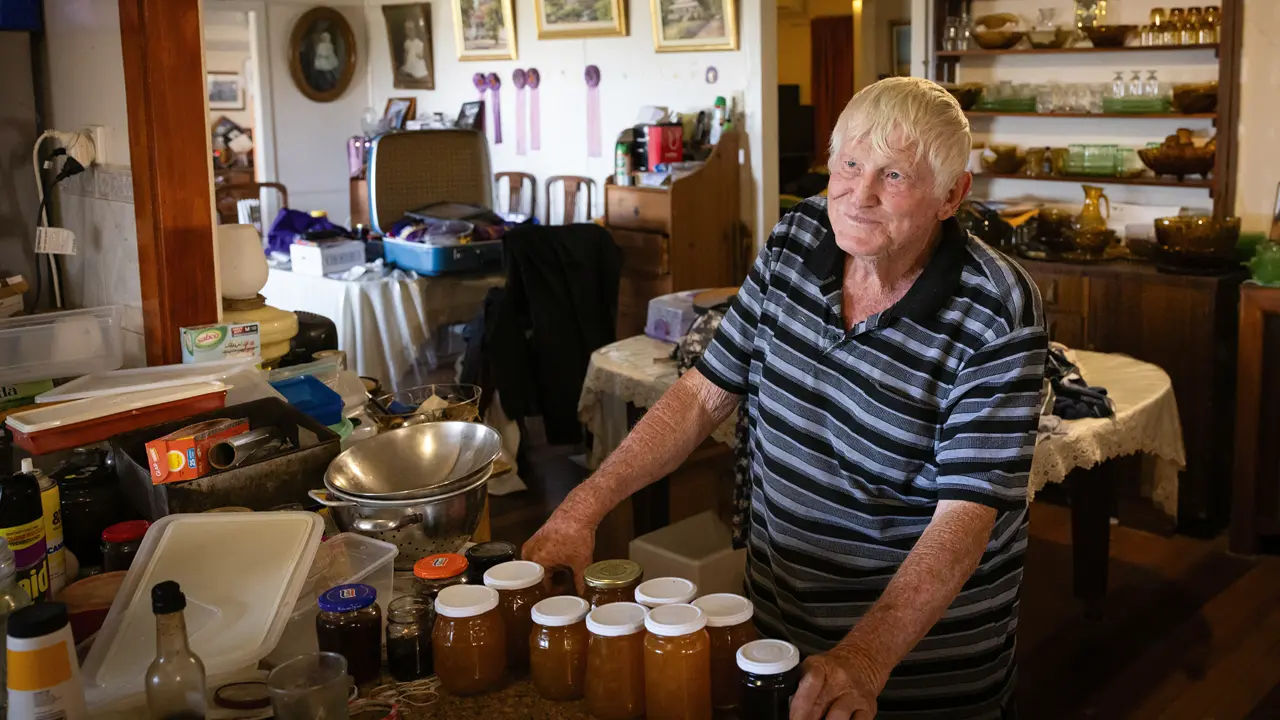The Henty family established the garden state’s first permanent white settlement, battling the authorities to eventually establish a grazing empire and a community.
Story By John Dunn
On the Sunday closest to November 19 every year, Club 34 meets in the western Victorian town of Portland. Some 200 people gather and, over afternoon tea, they talk about times gone by, recall those who are no longer with them and marvel at the changes that continue to occur in their town, the oldest in the state with a history going back 163 years.
Most members still live in Portland and, while many have moved on, a number always return for this annual gathering. However, wherever they are they have one thing in common and that is that they were all in Portland in 1934, the centenary of the foundation of the town, and again in 1984 when celebrations marking its 150th year were held.
The club selected 34 as its name and the November date as being most appropriate to honour that spring day in 1834 when the brigantine Thistle cast anchor in the bay and Edward Henty came ashore with five men and a mixed cargo, which ranged from cattle, pigs and turkeys to dogs, seeds and plants. Thus began the first permanent settlement in Victoria.
The Hentys were an English family of seven sons and one daughter who had come from Sussex because their patriarch Thomas, a successful banker and Merino sheep breeder well known for his Spanish Merinos bred from George III’s flock, believed opportunities were better in that great south land across the seas. An advance party sailed to Western Australia in 1829 but decided the soil was too sandy for farming so moved on to Launceston in Tasmania. There, the Hentys were disappointed to find that land grants were no longer available so the family began to investigate what potential there might be along the southern coast of the mainland.
This historic journey is marked annually by Club 34. One of its founders, Keith Wilson, was born in Portland, was mayor for a time (his son Gilbert has also been mayor) and has been active in the town’s community affairs for most of his life. Keith was chairman of the 1984 event and says the formation of Club 34 was, and remains, most successful because it taps into the history of the town by bringing together people from the past to share their recollections of progress and prosperity over the years. “It developed a continuity which has established itself as a connection between past and present,” he says. “We had about 400 people attend our first function and, even though the numbers have diminished somewhat since then, the club is still active.”
This story excerpt is from Issue #56
Outback Magazine: Dec/Jan 2008









